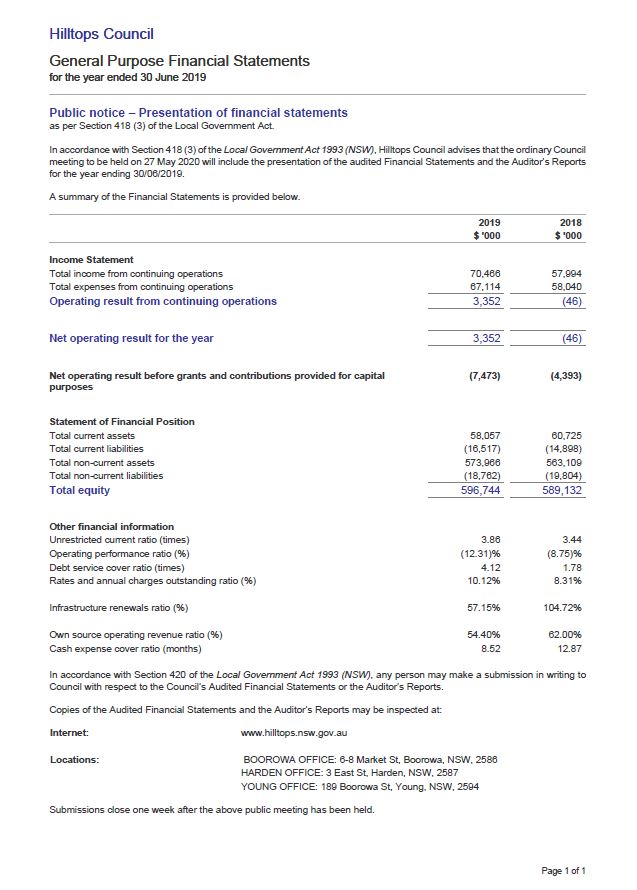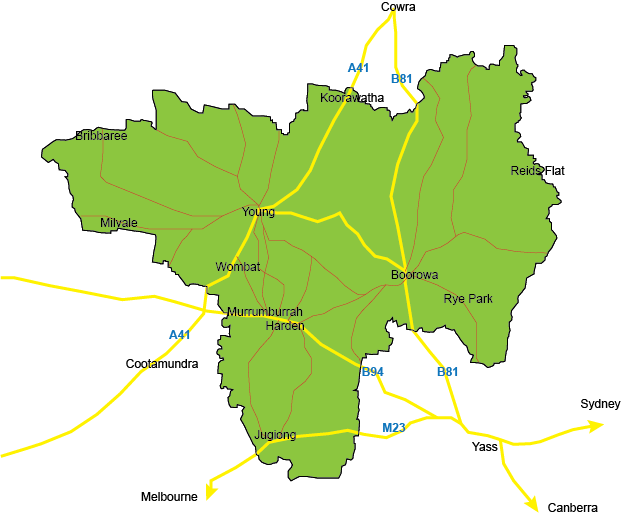Changes to the Local Government Act giving councils more flexibility to apply rate increases shows a complete lack of empathy for struggling New South Wales communities, according to Hilltops Councillor Matthew Stadtmiller. The amendment proposed by Minister for Local Government Shelly Hancock will allow councils that have not passed on full rate increases in past years to apply those in future years. The increases over the last two financial years have been 2.3% in 2016/17 and 2.7% in 2018/19. IPART, who set the rate increase percentage known as the rate peg, have put the 2020/21 increase at 2.6%. These rate increases could go up by 7.6% in some communities across NSW. The damage this will do to communities already out of pocket from drought and now Covid-19 will be compounding.
Councillor Stadtmiller said, “NSW State Government should be offsetting the cost of rates for one year for drought affected communities and providing funding to local government to cover rates, It’s not complex. It’s rather simple and could be done straightaway, something I have been lobbying for, for some time.”
Hilltops Council has a net operating result before grants and contributions provided for capital purposes of ($7,474,000) which is close to $7.5 million in the red. This is up from a result of ($4,400,000) in the 2018 financial year.

Stadtmiller said, “Hilltops will ‘celebrate’ 4 years, tomorrow May 12, since the former Shire Councils of Harden, Young and Boorowa were forcibly amalgamated under this government. Are our residents better off? If councils need assistance or funding, they should be approaching government, not increasing rates during a crisis. The Government is simply shifting its responsibility to New South Wales communities.”
He said “The state government should, if local government requires support, be in a position to give that support in accordance with the requirements of each Local Government Area. It’s pretty clear that Hilltops is in need of support. The biggest sting in the tail is yet to come. The rates harmonisation will see winners and losers and that will be in the back pocket of mum and dad farmers, local residents and businesses. The harmonisation has been legislated by the State Government. In the end the rate payer always pays.”

